The psychology behind achievement systems in games and apps has fascinated designers and marketers for years. Among the many factors that influence user engagement, the rarity of achievements plays a particularly interesting role in shaping social sharing behaviors. When players unlock something truly exceptional, their instinct isn't just to enjoy the accomplishment privately - it's to broadcast that success to their social circles. This phenomenon reveals deep insights about human motivation and our desire for social validation.
The Allure of Exclusivity
Rarity triggers something primal in our psyche. An achievement that only 1% of users obtain carries far more weight than one earned by half the player base. This exclusivity transforms digital accomplishments into social currency - something valuable that can be traded for attention, respect, or envy within communities. Game designers understand this dynamic intimately, which explains why many modern systems include ultra-rare achievements specifically designed to be share-worthy.
The relationship between rarity and sharing follows a curve rather than a straight line. Common achievements rarely get shared because they don't differentiate the user. Moderately rare accomplishments see increased sharing as they offer some distinction. But the real explosion in sharing comes with exceptionally rare achievements - those below a certain threshold of rarity become so coveted that obtaining one practically demands public celebration.
Social Platforms as Amplifiers
Modern social media platforms have dramatically amplified this effect. Built-in sharing functionalities in games and apps lower the friction of boasting about achievements, while social networks provide the perfect audience for these displays. The combination creates a powerful feedback loop - rare achievements get shared because they're impressive, and their visibility makes them even more desirable.
This dynamic explains why some developers create achievements that are deliberately difficult or obscure. These become talking points within communities, with players exchanging tips and celebrating each other's successes. The social sharing of rare achievements thus serves multiple purposes - it rewards the achiever, inspires others to keep playing, and strengthens community bonds through shared experiences.
The Psychology Behind Sharing Rare Accomplishments
At its core, the impulse to share rare achievements stems from fundamental human needs. We're social creatures who derive satisfaction from recognition by our peers. When we accomplish something few others have, sharing it allows us to reinforce our self-image as skilled, dedicated, or knowledgeable. It's a way of saying "This difficult thing? I did it."
Interestingly, the value of rare achievements in social contexts often exceeds their actual difficulty. An achievement might be rare because it's tedious rather than challenging, or because it requires luck rather than skill. But in the social sphere, rarity itself conveys value regardless of how it was obtained. This explains why some players will pursue obscure achievements specifically for their shareability, even if the process isn't particularly enjoyable.
Designing for Shareability
Forward-thinking designers now consider shareability as a key factor when creating achievement systems. The most effective rare achievements often have clear visual indicators of their rarity - special borders, unique icons, or explicit rarity percentages. These visual cues make the accomplishment immediately understandable when shared on social media, increasing its impact.
Some platforms have taken this further by incorporating achievement sharing directly into their social features. Xbox's achievement system, for example, allows players to share rare accomplishments to their activity feed with a single button press. Steam shows achievement rarity percentages to all players, adding context when these accomplishments appear in friends' activity streams. These design choices acknowledge and encourage the social dimension of achievement hunting.
The Dark Side of Achievement Sharing
While generally positive, the relationship between rarity and sharing can sometimes create problematic dynamics. Some players become so focused on collecting share-worthy achievements that it diminishes their actual enjoyment of the game. Others may feel discouraged when constantly seeing friends post rare accomplishments, leading to negative social comparisons.
There's also the issue of achievement inflation. As players become accustomed to sharing rare accomplishments, designers may feel pressured to create increasingly extravagant or difficult achievements to maintain that shareability. This can lead to absurdly demanding requirements that few will realistically complete, potentially alienating more casual users.
The Future of Achievement Sharing
As gaming and social media continue to converge, we can expect achievement systems to become even more sophisticated in their use of rarity and sharing mechanics. Some platforms are already experimenting with dynamic achievements where rarity adjusts based on how many players have obtained them, creating a constantly evolving challenge. Others are incorporating video or screenshot proof requirements for particularly rare accomplishments, adding another layer of shareable content.
The fundamental truth remains: humans love showing off hard-earned accomplishments, and digital systems that understand this can create powerful engagement loops. By carefully balancing rarity, challenge, and shareability, designers can craft achievement systems that satisfy our deepest social motivations while enhancing the overall user experience.

By /Jul 29, 2025

By /Jul 29, 2025

By /Jul 29, 2025

By /Jul 29, 2025
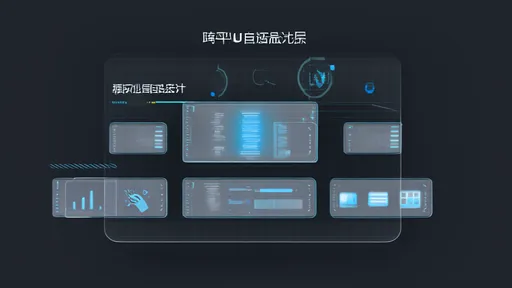
By /Jul 29, 2025

By /Jul 29, 2025

By /Jul 29, 2025

By /Jul 29, 2025
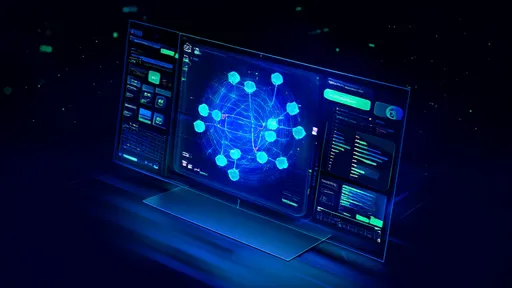
By /Jul 29, 2025
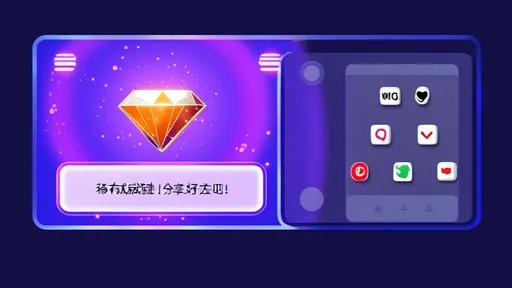
By /Jul 29, 2025
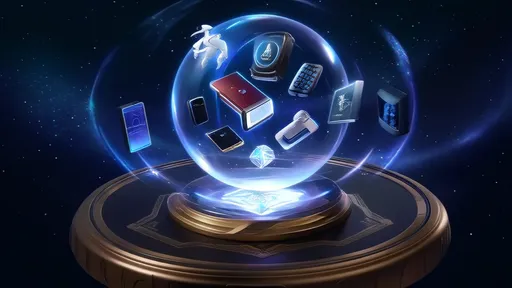
By /Jul 29, 2025

By /Jul 29, 2025

By /Jul 29, 2025

By /Jul 29, 2025

By /Jul 29, 2025

By /Jul 29, 2025
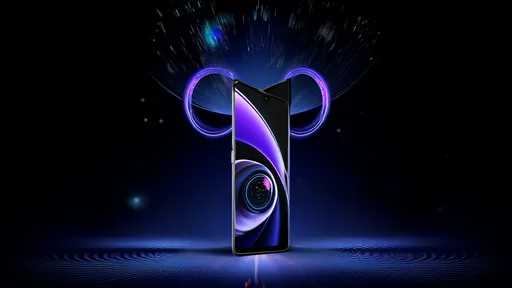
By /Jul 29, 2025

By /Jul 29, 2025

By /Jul 29, 2025

By /Jul 29, 2025